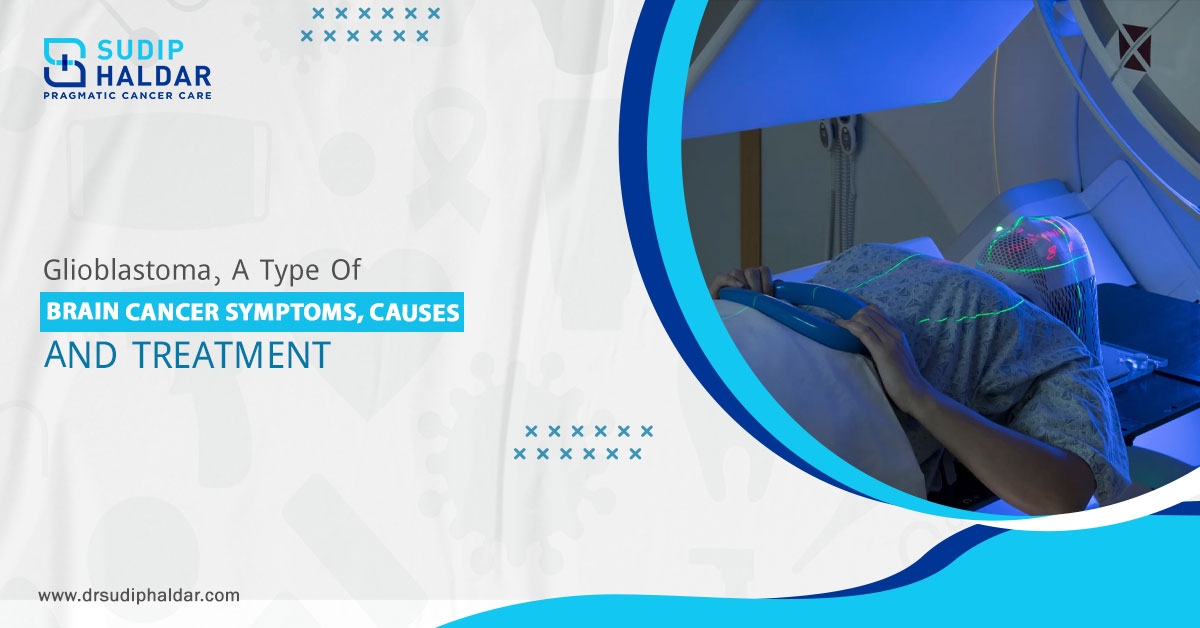The areas where head and neck cancer begins include the throat, mouth, salivary glands, and sinus. Changes in the DNA or gene mutations in the head and neck result in cancerous growth. It is responsible for about 6% of all cancers.
Timely medical attention helps reduce the risk of complications of head and neck cancer. Surgical removal of the cancerous tumor in sites like the oral cavity, nasal cavity, sinuses, salivary glands, and larynx is the very first treatment approach. You might seek medical consultation with the best head & neck oncologist in Siliguri.
Overview of head and neck cancer
Head and neck cancer refers to a group of cancerous tumors that develop in the oral cavity, throat, salivary glands, sinuses, and salivary glands. The most frequent sign of head and neck cancer is an ongoing or persistent sore throat.
More commonly, head and neck cancer starts in the squamous cells – flat, thin cells that form the surface of the skin. These cells also line the respiratory tracts, digestive tracts, and hollow organs of the body, making up the outer and middle layers of the skin.
Treatment for head and neck cancer in oncology depends on the type, location, and size of the cancer. Surgery, radiation therapy, chemotherapy, immunotherapy, and targeted therapy are the most effective medical care options for head and neck cancer.
Talk to your doctor if notice difficulty swallowing, painful sore throat more frequently, nose bleeding, ear pain, mouth sores that don’t heal with time, etc. Clinical diagnosis helps rule out the reason for experiencing such signs. You might receive dedicated and comprehensive medical guidance from the best head & neck oncologist in Siliguri.
Signs of head and neck cancer
Initial symptoms of head and neck cancer tend to mimic the common cold and cough or sore throat. Know that if you notice your sore throat isn’t improving with time, consult a specialist without procrastination.
Below are the signs and symptoms of head and neck cancer:
- A sore throat that persists
- Swallowing difficulty
- A Lump/mass in the throat
- Painful sensation in the upper teeth and when you chew
- Ear pain
- Read or white patches in the mouth, gums, or tongue
- Breathing difficulty
- Losing weight without trying
- Facial numbness
- Swollen jaw
- Hoarse voice
- Ongoing headaches
- Neck pain that persists
- Tongue sore or mouth sore that persists/doesn’t heal
- Frequent ear infections
- Frequent sinus infections
- Ongoing earaches
- Sinus infections don’t heal even after being on medications/antibiotics
- Ongoing blocked nose
- Nose bleeding
- Coughing up blood
Types of head and neck cancer
There are different types of head and neck cancer, including:
- Laryngeal cancer affecting the voice box or larynx
- Oropharyngeal cancer affects the lower part of the throat, windpipe, and oesophagus
- Nasopharyngeal cancer affecting the upper portion of the throat behind the sinuses
- Hypopharyngeal cancer affecting the lower section of the throat above the windpipe and esophagus
- Oral cavity cancer affects the lips, tongue, cheek, etc.
- Salivary gland cancer affects the parotid, sublingual, and submandibular gland
- Nasal cavity and sinus cancer affect the nose and sinus, which are mostly squamous cell carcinoma
- Thyroid cancer affects the thyroid gland develops gradually and can spread to other body parts
If left untreated, cancer cells can form a mass that invades and damages the healthy cells in the body, which can spread further to other body parts and tissues. Most of the time, head and neck cancer spreads to the lymph nodes closest to the diseased area.
Depending on the cancer type, location, size, and the general health of the patient, the cancer doctor will order diagnostic procedures and plan treatment based on reports.
Tobacco smoking, frequent heavy alcohol drinking, prolonged exposure to secondhand smoke, exposure to Human Papillomavirus/HPV, inhaling air filled with harmful chemicals, industrial exposure to formaldehyde, wood dust or nickel dust, asbestos, excessive chewing/consumption of betel quid, poor oral hygiene, a weakened immune system, exposure to Epstein-Barr virus, etc. increase the likelihood of head and neck cancer.
Factors that can effectively reduce your risk of head and neck cancer – quitting/avoiding tobacco smoking and second-hand contact, avoiding alcohol drinking, keeping from tanning beds and prolonged sun exposure, asking your doctor for HPV vaccination and head and neck screening, etc.
Receive optimum health assistance and guidance from your cancer specialist. The cancer care team operating diagnosis and treatment for head and neck cancer includes a medical oncologist, surgical oncologist, radiation oncologist, oncology nurse, reconstructive surgeon, a doctor who specializes in the ear, throat, and nose, a dentist, restorative surgery specialist, physical therapist, audiologist, etc.





